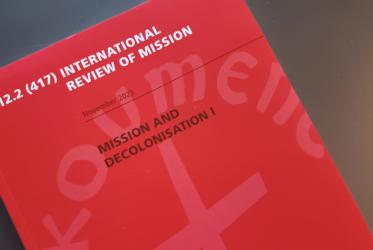More than 1100 religious studies specialists, theologians, ecumenists and other scholars are meeting in the Italian city of Bologna for the 2019 European Academy of Religion, a five-day event with more than 320 different sessions.
Opening the gathering on 3 March, the academy’s president, Jocelyne Cesari, underlined the importance of this event’s theme, “Empowering the Individual, Nurturing the Community,” in contemporary Europe.
The academy takes place as an annual event, this year meeting from 3-7 March.
It follows an initial meeting in December 2016, which agreed to launch the gathering as a research platform for institutions, associations, academies, publishers, and journals concerned with the study of religion.
Alberto Melloni, general secretary of Bologna’s John XXIII Foundation for Religious Studies, was a prime mover in creating the academy.
Speaking at the opening of this year’s gathering, Melloni underlined the academy’s role in promoting religious literacy at a time when there is increasingly a lack of understanding about religion and the role it plays.
According to the academy’s mission statement, “Religion plays a central role in our world. Shared knowledge and academic reflection can stimulate a peaceful coexistence and avoid religious illiteracy.”
Italian foreign ministry official Armando Barucco underlined the need for “interreligious engagement as a common responsibility of religious and political leaders as partners.”
Maria-Paz Lopez, a board member of the International Association of Religion Journalists, announced the creation of a new prize to be awarded in conjunction with the European Academy of Religion to promote informed reporting about religion in mainstream media.
Religion is part of society, and needs to be covered with accuracy, fairness and balance, she said.
Many of the 320 sessions taking place during the five-day event in Bologna deal with various aspects of the ecumenical movement and the future of ecumenism in Europe.
Peniel Rajkumar, programme coordinator for interreligious dialogue and cooperation at the World Council of Churches (WCC), is presenting a recent WCC publication, “Many yet One? Multiple Religious Belonging,” which deals with issues of religious and cultural identity.
Stephen Brown, editor of the WCC quarterly The Ecumenical Review, is taking part in a set of panels about the role played by ecumenical journals in the history of the ecumenical movement.





